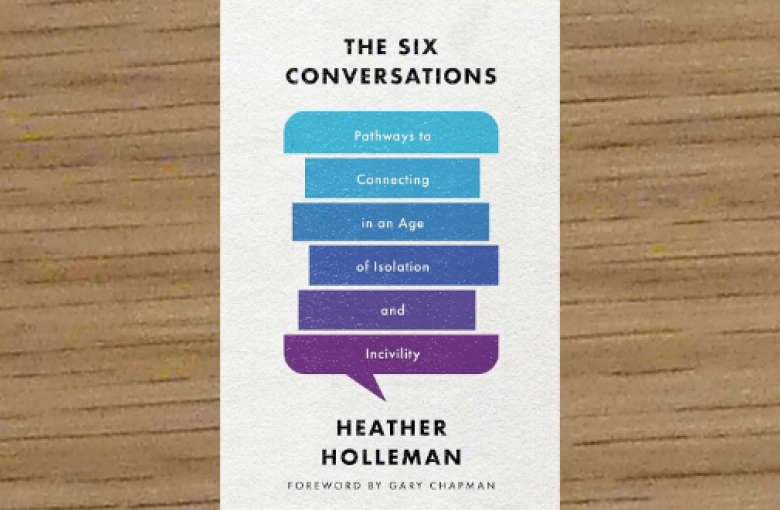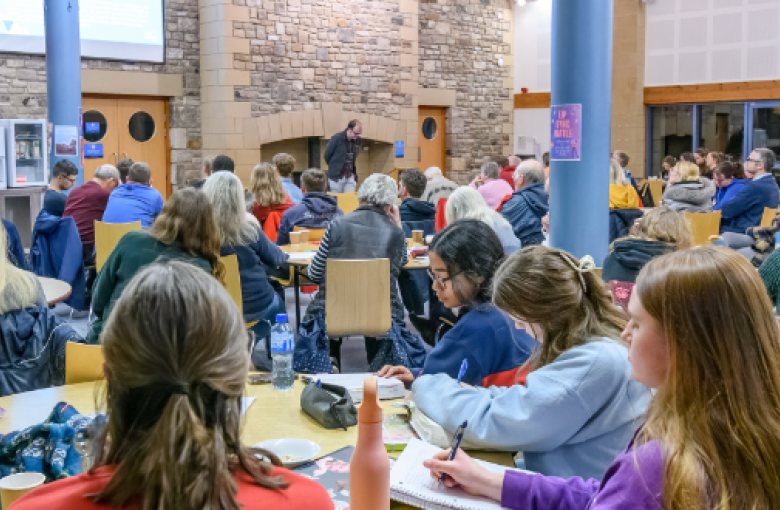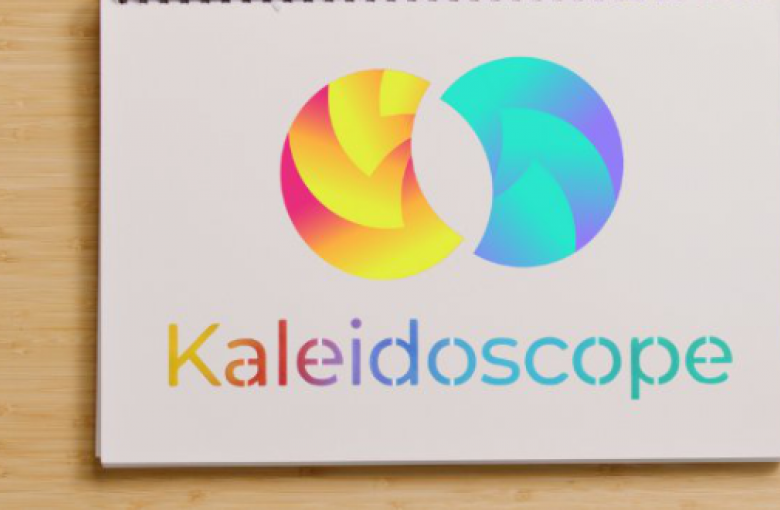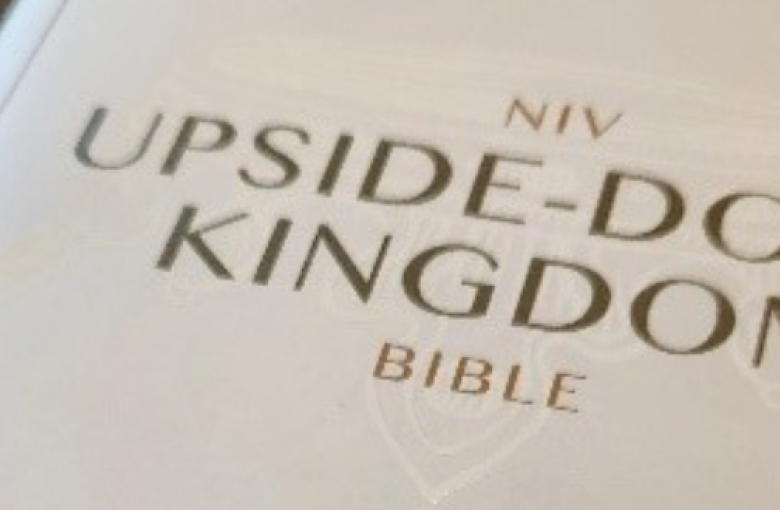There’s a time and a place for almost everything, and that I believe includes identifying oneself by the terms ‘LGBTQ+’, ‘gay’ or ‘lesbian’ etc. Note that I said identifying oneself by these terms, not identifying with them. The distinction is essential, especially for a Christian who holds to biblical morality and a biblical worldview. The ways we identify ourselves are important. In the Bible, names are almost never just names, but rather have a prophetic value-proclaiming (even just subtly) who a person is or who they are becoming.
In December 2024, I published an academic paper entitled, “Too Gay for the Evangelicals. Too Evangelical for the Gays: A Narrative and Autoethnograpic Study of a Celibate-Gay Testimony”. In the paper, I was seeking to explore the place of testimonies by same-sex attracted Christians within the church.
"The Six Conversations: Pathways to Connecting in an Age of Isolation and Incivility" by Heather Holleman
Every book review is likely to reveal as much about the biases of the reviewer as it is about the book. I don’t think this one will be any different!
This article explains why Capernwray Bible School is planning to extend and deepen its curriculum regarding what the Bible teaches about gender and sexuality for its students.
The “Being Human” team within the Evangelical Alliance has recently published their “Relationships Matter” course. It is aimed at encouraging Christians to explore and chat about the subject of sexuality within the culture we live in. Yes, a course inviting discussions about sex among Christians in an open and honest way! A subject that for many of us, perhaps, is quite personal and sometimes complex. Few of us will have heard it discussed deeply enough in our churches.
When I first came across Living Out’s new youth series, Kaleidoscope, I was excited about the project. There have been fantastic courses aimed particularly at adults, but not very many current (or helpful) courses for young people. We desperately need interactive visual media for teenagers to connect with the complex matters of sexuality, gender and faith, especially since many Christians and youth groups shy away from teaching this topic. I’m very pleased to report that Kaleidoscope is a fun and dynamic resource that is pastorally appropriate, relatable and honest.
In Luke 15 we read the parable of the lost sheep and, in many ways, I think this provides a helpful framework for understanding the way western culture encourages the emerging generation to live. We read the story of a shepherd and His flock; the sheep live within the boundaries and safety of the fence; the shepherd tends to and cares for His sheep; the sheep hear His voice and they follow, trusting His leadership and care.
It’s easy to feel churlish about study Bibles. There’s one for every lifestyle and perhaps every season of life, and the differences between them are seldom obvious. For me personally, the idea of purchasing a whole new Bible just to get the 'study bits' offered in its margins is a little ludicrous. But I’ve made an exception for the NIV Upside-Down Kingdom Bible, because it has several features that are of great interest to me as a same-sex attracted person with an admittedly counter-cultural worldview.
When I picked up this short booklet, my interest was piqued. However, I was also somewhat sceptical of how the subject of polyamory or consensual non-monogamy (where “all parties agree that the relationship is not exclusive”) might impact me, my church and the ministry of TFT. By the time I’d finished reading the booklet, it had certainly made me sit up and take note.









